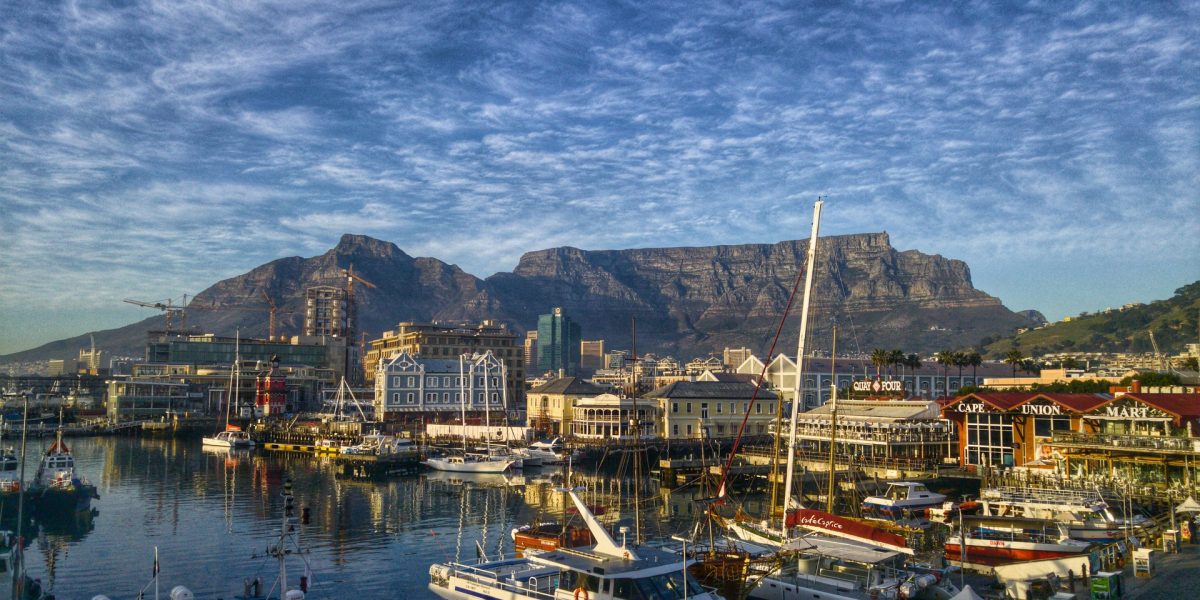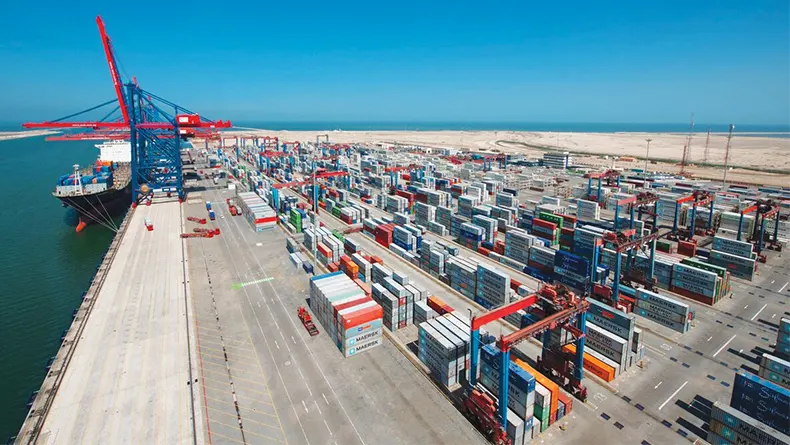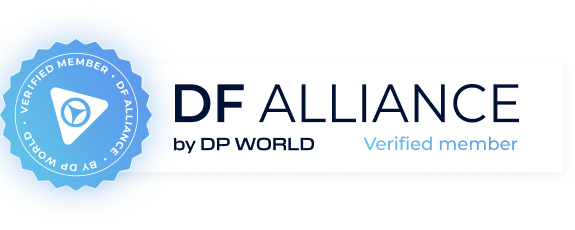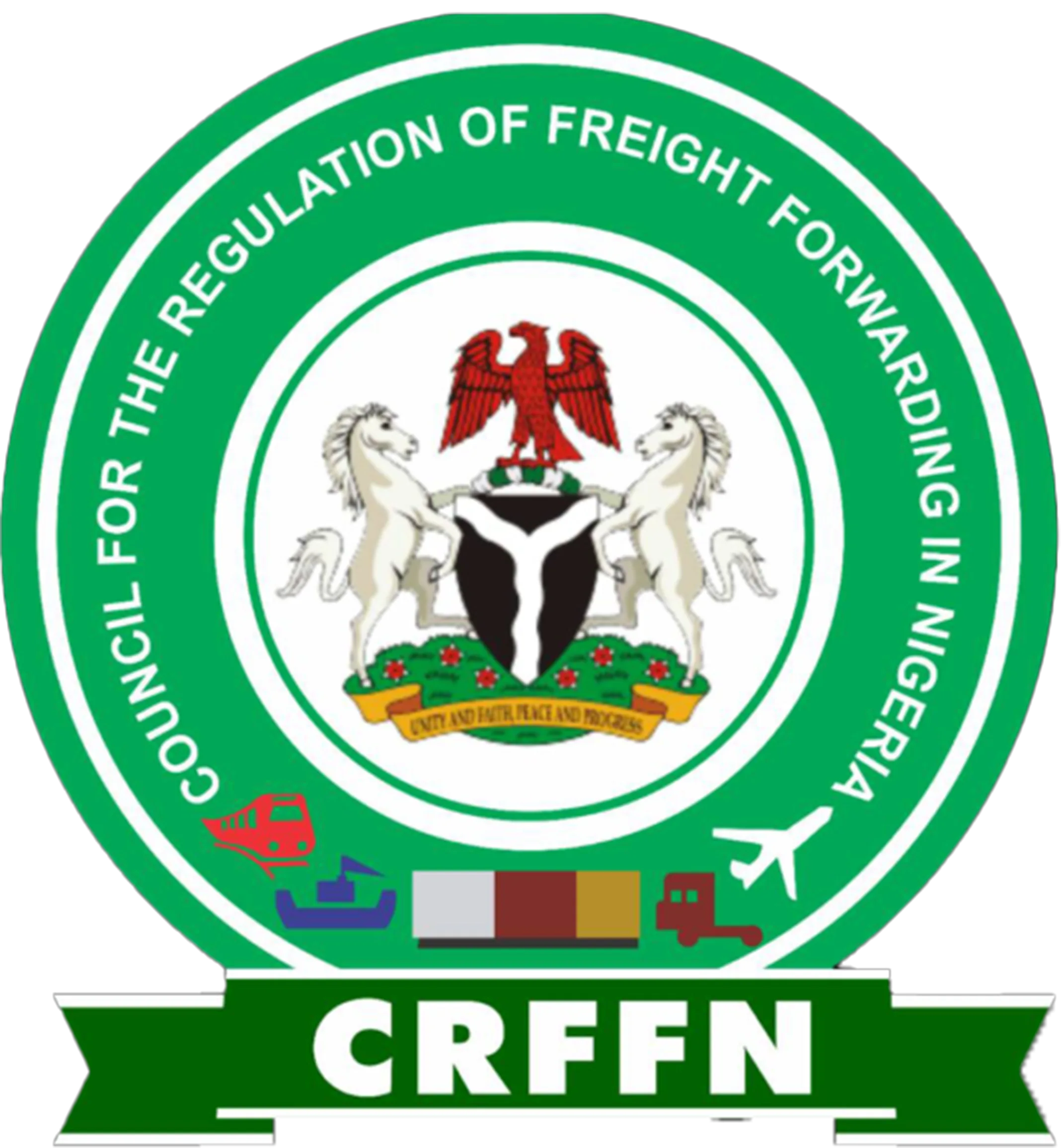Connecting Equatorial Guinea across Africa and beyond
Providing seamless Equatorial Guinea connections for effortless trade expansion and international reach.
Tap into Africa’s growing markets with Equatorial Guinea as your gateway. Let Limark Forwarding navigate the complexities for you. Our expertise in local regulations and extensive African network ensure compliant, seamless shipments that connect your business to the continent and beyond.
We understand reliable shipping is crucial for your success. Limark’s established network and meticulous planning guarantee timely deliveries and minimize disruptions. Streamline your processes, optimize costs, and unlock your Equatorial Guinean trade potential with our dedicated team.

Import regulations
Importing goods to Equatorial Guinea requires navigating specific procedures and documentation. Here’s a breakdown of the essential requirements:
Export regulations
Get a detailed guide that provides an in-depth look into every aspect of the export process to ensure your goods are shipped efficiently and in compliance with all legal standards.

Expertise You Can Trust
End-to-end cross-border shipping to and from Equatorial Guinea
Equatorial Guinea’s cross-border trade presents a maze of regulations and logistical hurdles. Non-compliance can lead to costly delays and penalties. Simplify the process with Limark Forwarding. Our expertise in Equatorial Guinea’s logistics ensures seamless, compliant shipments from origin to final destination.
We understand reliable, predictable shipping is the backbone of your operations. That’s why we manage every step of your shipments with precision – from customs clearance to inland transportation. With a proven 92% on-time delivery record, Limark delivers peace of mind and potential cost savings through our streamlined processes and strategic partnerships.
Get Expert Guidance
Contact our regional experts
Partner with experienced freight forwarders and customs brokers for seamless shipping to and from Equatorial Guinea. Ensure full documentation compliance with the guidance and logistics services of our team.










